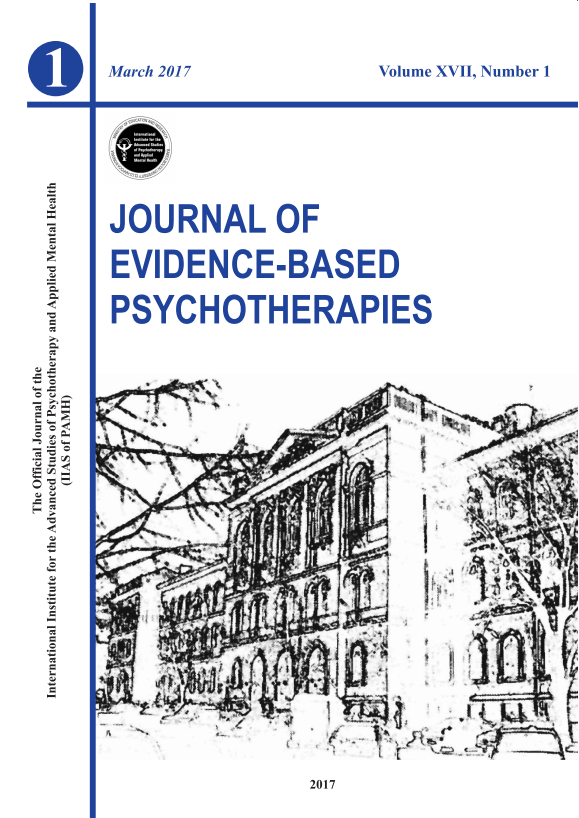nemes.bogdan@umfcluj.ro
Bogdan Nemeș1*, Horia G. Coman2, Dana C. Herța3,
Raluca N. Trifu4, and Doina M. C. Cozman5
1 Department of Medical Psychology and Psychiatry, Iuliu Hațieganu University of Medicine and Pharmacy Cluj-Napoca. ORCID ID: https://orcid.org/0000-0002-1381-798X
2 Department of Medical Psychology and Psychiatry, Iuliu Hațieganu University of Medicine and Pharmacy Cluj-Napoca; 3rd Psychiatry Department, Cluj County Emergency Clinical Hospital.
ORCID ID: https://orcid.org/0000-0001-8734-2852
3 Department of Medical Psychology and Psychiatry, Iuliu Hațieganu University of Medicine and Pharmacy Cluj-Napoca. ORCID ID: https://orcid.org/0000-0003-1437-3361
4 Department of Medical Psychology and Psychiatry, Iuliu Hațieganu University of Medicine and Pharmacy Cluj-Napoca. ORCID ID: https://orcid.org/0000-0002-9883-3697
5 Department of Medical Psychology and Psychiatry, Iuliu Hațieganu University of Medicine and Pharmacy Cluj-Napoca. ORCID ID: https://orcid.org/0000-0001-7102-2432
Abstract
Depression is one of the most frequent conditions within the general population, ranking among the most burdensome in terms of public health expenses, productivity loss and social costs. The condition has been linked with cognitive deficits that may even continue in remission phases, social cognition being one potentially affected cognitive function. In our study, the Penn’s Emotional Acuity Test included in the CogtestTM battery was used to assess emotion recognition accuracy and processing speed. The Structured Clinical Interview for the Montgomery-Asberg Depression Rating Scale was used to assess the intensity of the symptomatology. A total of 48 depressed individual individuals (65% females), with a mean age of 49.8 ± 10.4 years, and 40 healthy controls (75% females), with a mean age of 35.2 ± 6.9 years were included. As compared to controls, depressive participants recorded significantly less correct answers (9.3 ± 3.8 vs. 11.2 ± 3.6, p = 0.019 – Student’s t test) and slower processing speeds (6795 ± 3366 vs. 4042 ± 1623, p < 0.001 – Mann-Whitney U test) in emotion processing. Furthermore, symptom severity significantly influences only processing speed and not accuracy in emotion recognition tasks. Thus, we conclude that depressive individuals have a significant deficit in processing speed and accuracy when identifying the intensity of other peoples’ emotions.
Keywords: major depressive disorder, emotional processing, social cognition.
Please cite this article as: Nemeș,. B, Coman, H. G., Herța, D. C., Trifu R. N., & Cozman, D. M. C. (2024). IMPAIRED EMOTIONAL PROCESSING IN MAJOR DEPRESSIVE DISORDER. ACCURACY VERSUS PROCESSING SPEED. Journal of Evidence-Based Psychotherapies, 24(2), 105-116.
DOI: 10.24193/jebp.2024.2.13
Published online: 2024/09/01
Published print: 2024/09/01
